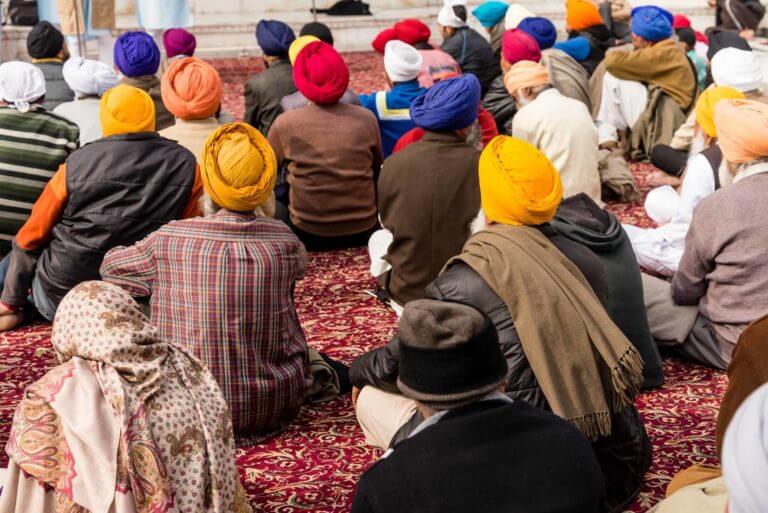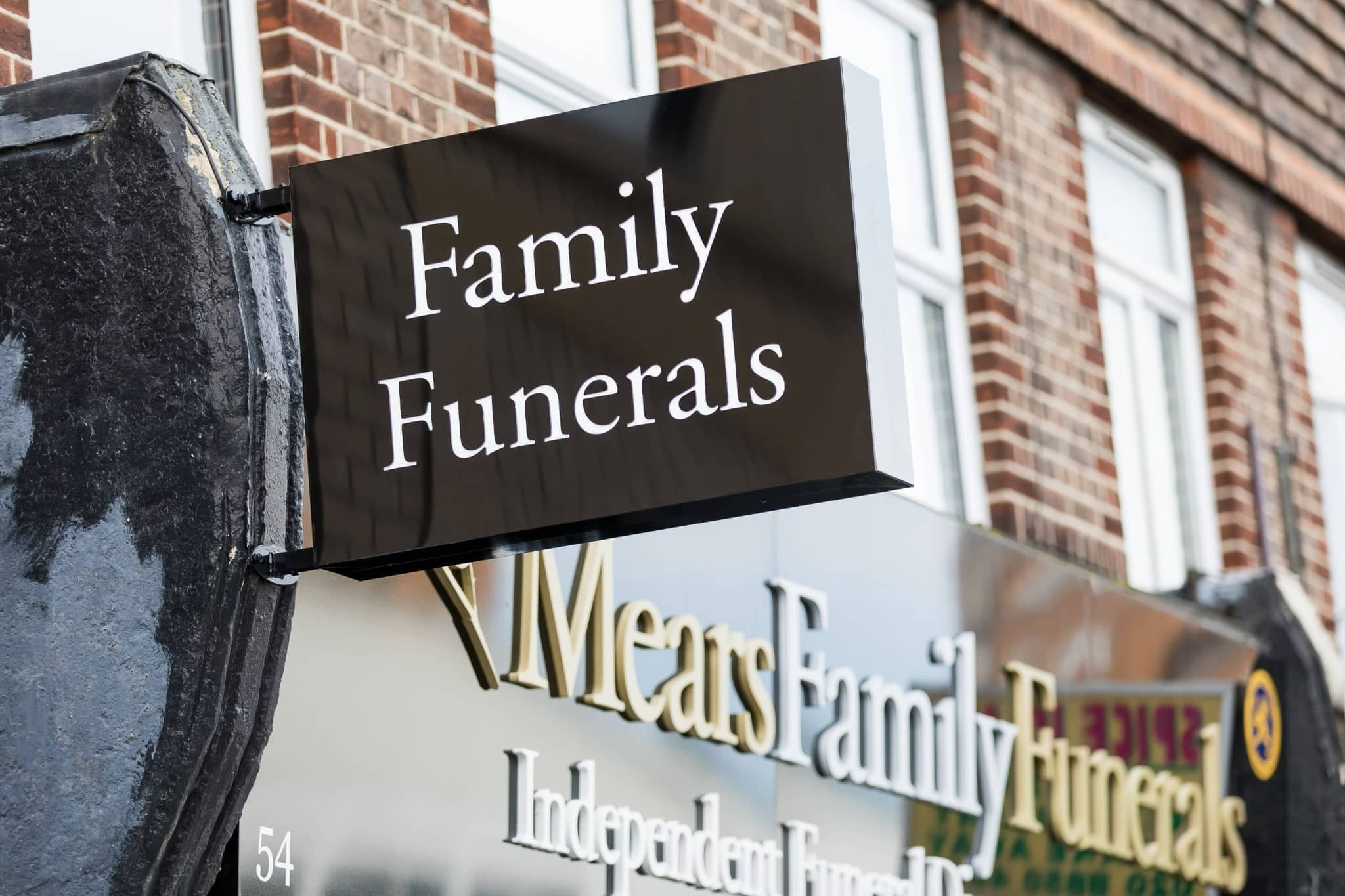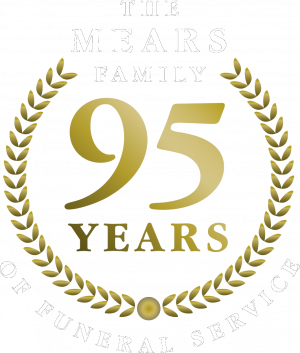Buddhist Funerals
The Buddhist tradition is very diverse and there is no single funeral service or ritual common to all Buddhists. The great majority of practicing Buddhists will have an existing connection with a group or community who will normally be able to provide a teacher or community member to take the funeral service. For people who are not actively involved with a specific tradition the situation is more complicated. Ideally the deceased will have indicated in advance which Buddhist tradition they feel a connection with e.g. Zen, Tibetan, Theravada, Pure Land.
Most Buddhists are cremated, following the example of the Buddha, but this is not invariably the case. Some Buddhist traditions say that at least 4 days should pass before the body is cremated and that embalming should be avoided if at all possible. The general advice is that the body should be left as undisturbed as possible in the interval between death and cremation or burial.
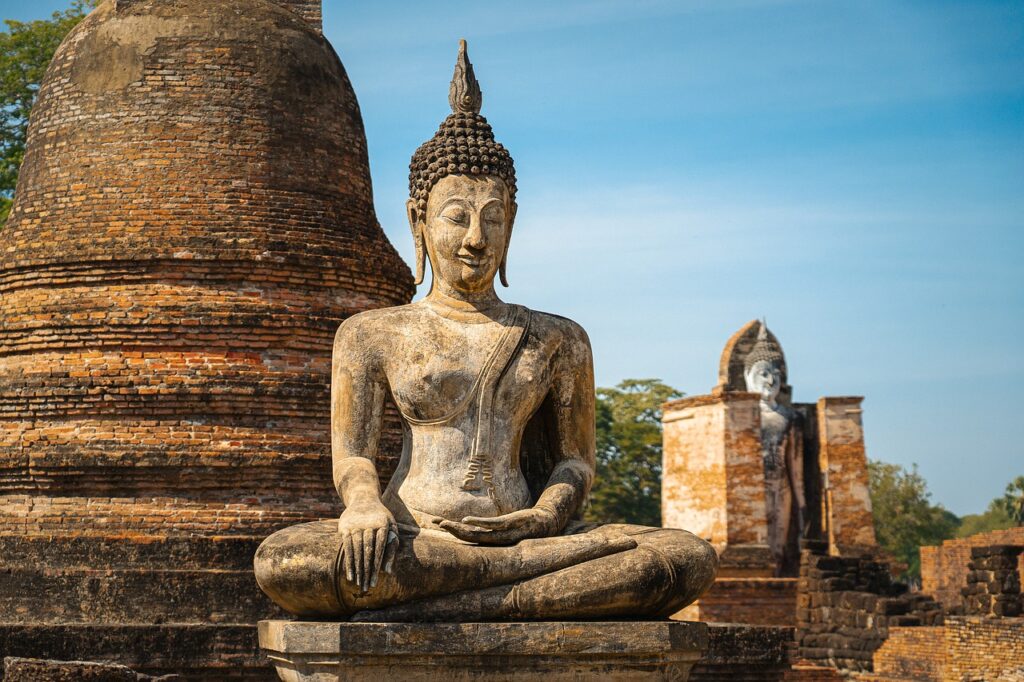
Catholic Funerals
There are approximately 1.1 billion Roman Catholics around the world and, which together with Protestantism and Eastern Orthodoxy, makes up the largest religion in the world: Christianity. They follow the life, teachings and death of Jesus Christ.
After a Catholic has died their family may hold a prayer vigil on the evening before their funeral, sometimes called reception of the body. The prayer vigil usually happens at the church where the funeral will take place, but can also be at the family home. At the prayer vigil, mourners are encouraged to pray in remembrance of the person who has died.
The format of a Catholic funeral service depends on whether it includes a Requiem Mass, which includes the Eucharistic Prayer and Holy Communion. Requiem Masses are not necessary, but encouraged by the Church and are often the wish of practicing Catholics. If the coffin was not received by the church the evening before the funeral it will be greeted at the door on the day by the priest. He will sprinkle the coffin with holy water and lead it into the church. The coffin is then placed on trestles and covered with a pall.
The funeral liturgy will include at least one reading from the Old Testament and a psalm, which are read by family, friends or the priest. The priest will read a passage from one of the gospels, deliver a homily and give a eulogy for the person who has died. If the funeral includes a Requiem Mass then bread and wine might be placed on the altar for Holy Communion.
After Holy Communion there might be a further eulogy before special prayers, called the Final Commendation. Afterwards, the coffin is placed on the hearse, sprinkled with more holy water and taken to the crematorium or cemetery for the committal.
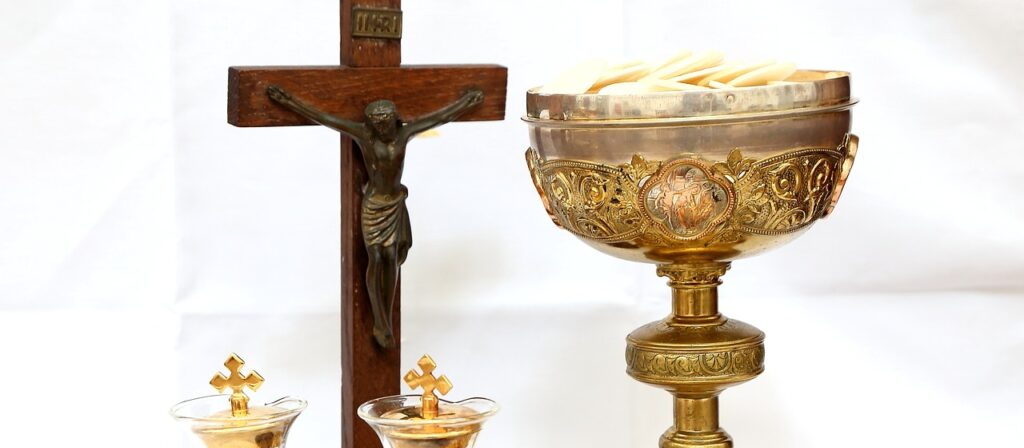
Christian Funerals
Christian funerals are bespoke services, tailored to meet the needs of the Christian faith. Christians believe that when someone passes away, it is the end of their life on Earth, beliefs on what happens next will differ by denomination. Family and close friends gather at Christian funerals to mourn but also to celebrate the life of the person who has passed away. Each Christian denomination will have different customs and rituals on how and where a Christian funeral will be held.
A Church of England funeral service can be made as personal and unique as you wish. Christians often celebrate the life of the deceased but also take into account the circumstances of the death. The Church of England funeral service can take place almost anywhere, including a church, cemetery or crematorium. A Church of England funeral service usually follows a general structure, with the order of service including readings, a sermon, prayers and hymns.
In addition, the service may include a eulogy written and delivered by a family member or close friend. Special requests such as the deceased’s favourite music and funeral flowers are customary at Christian funerals.
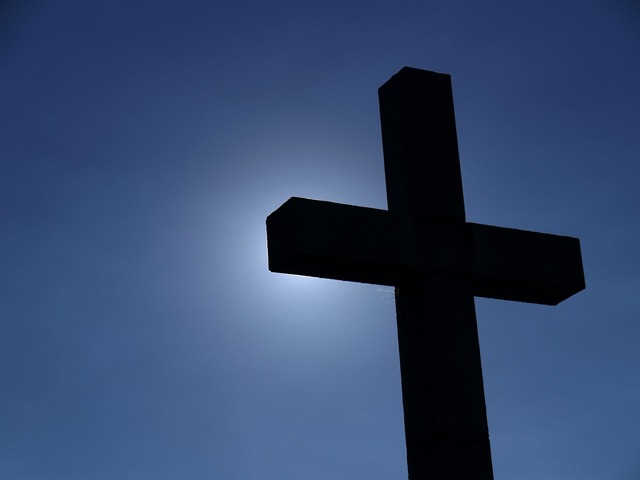
Hindu Funerals
With nearly a billion followers worldwide, Hinduism is the third largest religion in the world. Hindus believe in the rebirth and reincarnation of souls. According to Hinduism, when the physical body dies, the soul reincarnates into another life force. Whilst Hindus mourn the passing of their loved one, they also celebrate the onward journey of the soul to the next incarnation which they see as a step closer to Nirvana (Heaven).
Hindus are told to avoid any unnecessary touching of the deceased, as it seen as impure. Traditionally, the funeral should take place as soon as possible. In preparation, the body is usually washed in purified water by family members and close friends before the viewing of the deceased can take place.
The deceased is generally displayed in a simple casket with flowers placed at their feet. Family and friends usually gather around the casket to perform Hindu funeral chants or prayers. Before the deceased is cremated, many Hindus place ‘pinda’ (rice balls) close to their loved one. Sometimes during a Hindu funeral, the family will place a lamp near the head of their loved one or sprinkle water on them.
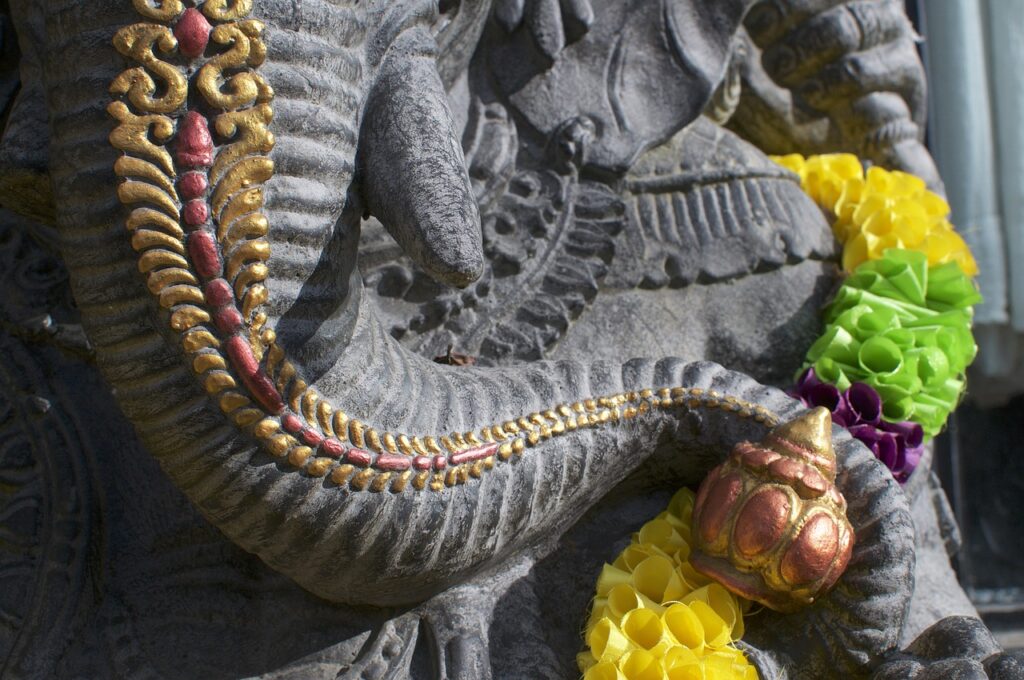
Jewish Funerals
Jewish tradition teaches that human beings are created in the image of God, which is why Judaism values life above almost anything else. They believe that holiness can be reached from following the laws and commandments in the Torah. Many Jewish people believe that they are judged by God once they die, with those who led perfect lives being let into the World to Come.
A Jewish funeral is conducted by a Rabbi and usually takes place within one day following the date of death, though there is an allowance to delay the burial for mourners to travel and for appropriate arrangements to be made. Jewish funerals cannot take place on Shabbat (Judaism’s day of rest and the seventh day of the week), or during other Jewish holidays.
The funeral service is traditionally held in a Synagogue or funeral home and no public viewing of the body is allowed. Jewish funeral customs specify that the deceased is washed, but not embalmed, and placed in a simple wooden coffin. The casket is closed during the service, with prayers and eulogies being read by family members or close friends. Usual Jewish funeral etiquette usually involves family members and close friends reading, saying prayers and sharing stories.
Following the service, more prayers are read at the cemetery and family members participate in placing dirt on the coffin before it is buried. Funeral flowers are not appropriate for most Jewish funerals, however, making a donation to a charity or Jewish organisation is appreciated.
A common Jewish funeral tradition is for attendees to participate in the burial. For mourners, placing shovels of soil onto the casket provides closure and allows people to say goodbye to their loved ones for the final time. This Jewish funeral tradition also helps with the realisation that someone has passed away, and allows for grieving to properly begin.
For Orthodox Jews, cremation is not prohibited, however, cremation is becoming increasingly popular for Reform Jews. When it comes to the question of Jewish cremation or burial, the majority of Orthodox and Conservative rabbinic authorities maintain that cremation is prohibited, and Jewish burial customs are observed.
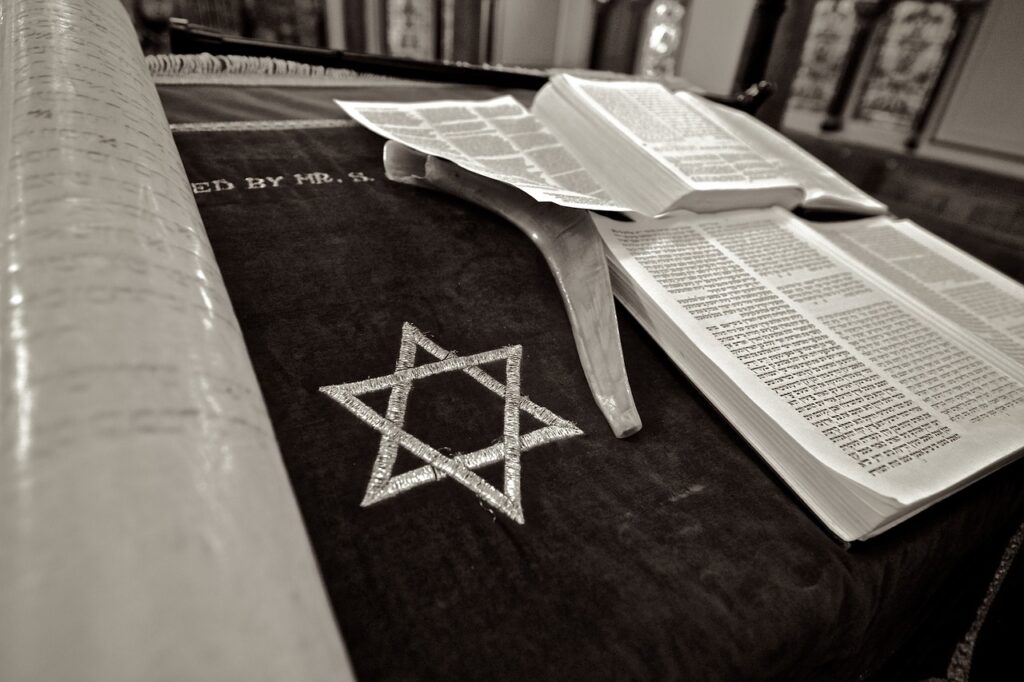
Muslim Funerals
Islamic law dictates that funeral arrangements must start immediately after the death of a loved one. This means there is no viewing or visitation and mourners must attend their mosque’s prayer room to offer religious prayers for the deceased.
A Muslim funeral service takes place very quickly, ideally within 24 or 48 hours of death provided that the deceased did not pass away in circumstances that require investigation.
It is traditional for the whole community to attend a Muslim funeral, even for those who did not know the deceased or their family well. There are no eulogies at a Muslim funeral, only prayers and readings from the Koran. The imam leads the prayers, which are then repeated by mourners.
The mood of the funeral is sombre and formal. Crying quietly is expected and accepted, but more extravagant expressions of grief such as loud wailing is offensive to followers of Islam because it expresses discontent with the will of God. It is more appropriate to convey grief physically by wearing mourning dress and avoiding makeup, perfume and ornaments of all kinds.
In keeping with the tradition of burying the deceased as soon as possible, a Muslim burial takes place immediately after the funeral service. The body, wrapped in white sheets, is then carried to the gravesite by male relatives. Men will be wrapped in three sheets and women in five. The grave is dug parallel to Mecca and the body is placed in the grave lying on its right side, facing in this direction (southeast in the UK).
No coffins are used in a Muslim burial and the body is interred wrapped in a shroud. Close male relatives prop up the head, chin and shoulder with balls of hand-packed soil. Other mourners assist in the burial by throwing three handfuls of earth into the grave while reciting more prayers in Arabic.
After the body has been interred, mourning begins. The official mourning period after a Muslim funeral is three or fifteen days, depending upon which sect the deceased belonged to. Official mourning is a time during which mourners visit the home of the deceased’s family to pay their respects, offer condolences and bring gifts of food. Flowers are not traditionally given, but are also acceptable gifts during this time. The only exception to the three-day mourning period is for the deceased’s wife, for whom mourning lasts for four months and ten day regardless of sect.
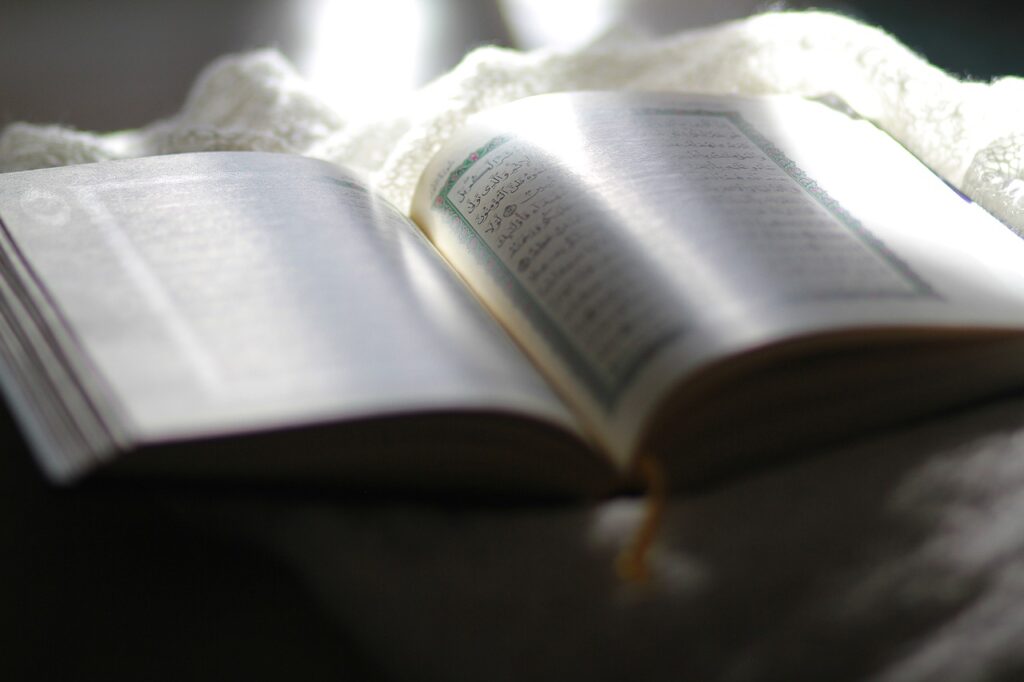
Sikh Funerals
According to Sikhism, death is a natural process, it’s only the physical body that dies, and the soul lives on through transmigration and reincarnation. For them, the purpose of life is to move closer to Waheguru, the Sikh name for God, and that death will help break the cycle of reincarnation. They believe that through good deeds, honesty and Waheguru’s grace (nadar), the soul will eventually leave this earth to be united with the ‘Wondrous Giver of Knowledge’.
Arrangements for a Sikh funeral begin immediately after death. Similar to other religions, preparing the body plays an important role; the deceased is usually washed and dressed in clean clothing by close family members prior to the funeral.
The ‘Five Ks’, also referred to as articles of faith, should not be taken off. These include the kangha (a small wooden comb), kirpan knife, kara (iron bracelet), kesh (uncut hair) and a special Sikh garment known as the kachera.
Friends and family then surround the body of the deceased with Sikh funeral flowers, typically orange and white chrysanthemums, which are mourning blooms in India and throughout many parts of Asia. If you’re attending a funeral and would like to send appropriate Sikh funeral flowers, it’s best to consult with the family first.
A Sikh funeral service typically takes place at a Gurdwara either before or after the cremation, though it can be held at the family home or at the crematorium. Sikh funeral prayers are usually recited during the service, including a community prayer called Ardas. Traditionally, cremation is preferred for Sikh funerals, though burial is also accepted if the circumstances do not allow for cremation. After the cremation, the ashes of the deceased are usually buried or scattered in a river, but this depends on location and family circumstances.
